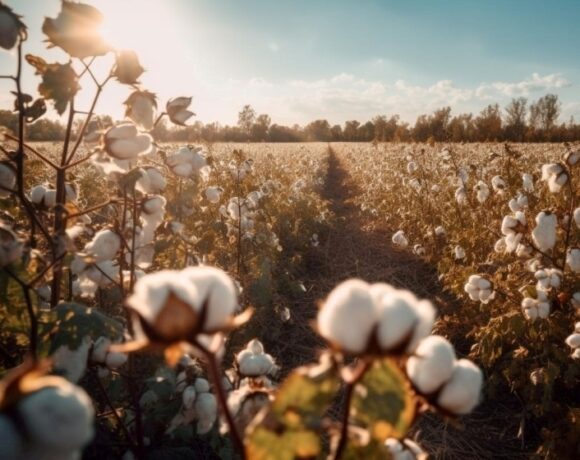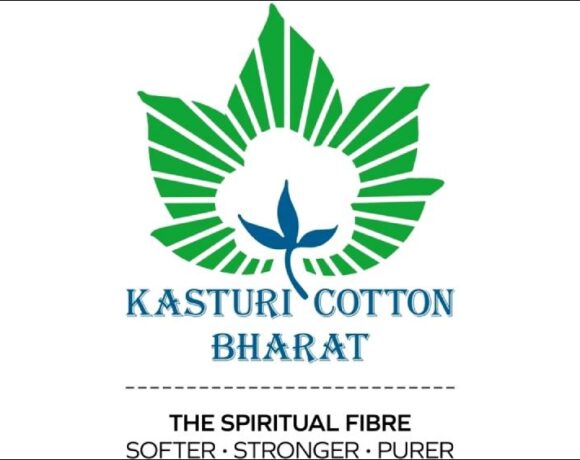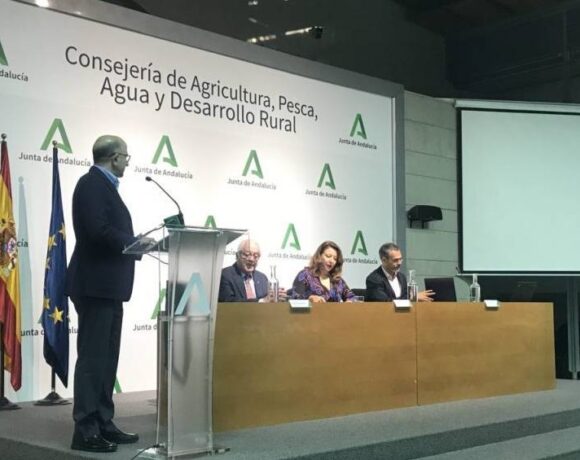FIFA Commits To Support African Farmers On World Cotton Day

World Football Body FIFA said the World Cotton Day celebrated on October 4, has a special significance for FIFA as it continues working with the World Trade Organisation (WTO) to explore how football can help small farmers, many of them women, in the Cotton 4 (plus) countries in Africa.
Last year, FIFA signed a Memorandum of Understanding (MoU) with the WTO which, among other avenues, is exploring ways in which football’s global appeal can be used to promote economic inclusion.
Much of the African cotton is produced in the ‘Cotton 4 (plus)’ group that comprises Benin, Burkina Faso, Chad and Mali, plus observer-member Côte d’Ivoire.
“The cotton produced in these countries is among the most sustainable in the world, as it is handpicked, irrigated by rainwater and, to a large extent, organically fertilised. However, most is exported as a raw material rather than finished product,” FIFA said in a press release.
“If that could be changed to mean the field-to-fabric cycle is completed in the C-4 (plus) nations, they would gain a greater share of the football apparel market revenues, which are expected to leap from US $82.3 billion in 2022 to $114.4 billion by 2028,” FIFA observed.
“By bringing cotton and football together, we aim to use the visibility and impact of the beautiful game to promote access of the C-4 (plus) countries to the global sportswear value chain,” Céline Zigaul, FIFA’s Senior MA Relationships & Collaboration Services Manager, told delegates at World Cotton Day 2023 celebrations in Vienna, Austria.
“We would like to put the world’s spotlight on the region of west and central Africa. We also would like to contribute with our different partners towards developing the football sportswear value chain sustainably, then help to share the economic benefits of football in the C-4 (plus) countries,” she added.
“We would like to positively impact social development, particularly for women and youth, people who are the heart of the value chain from field to fabric,” Zigaul stated.















